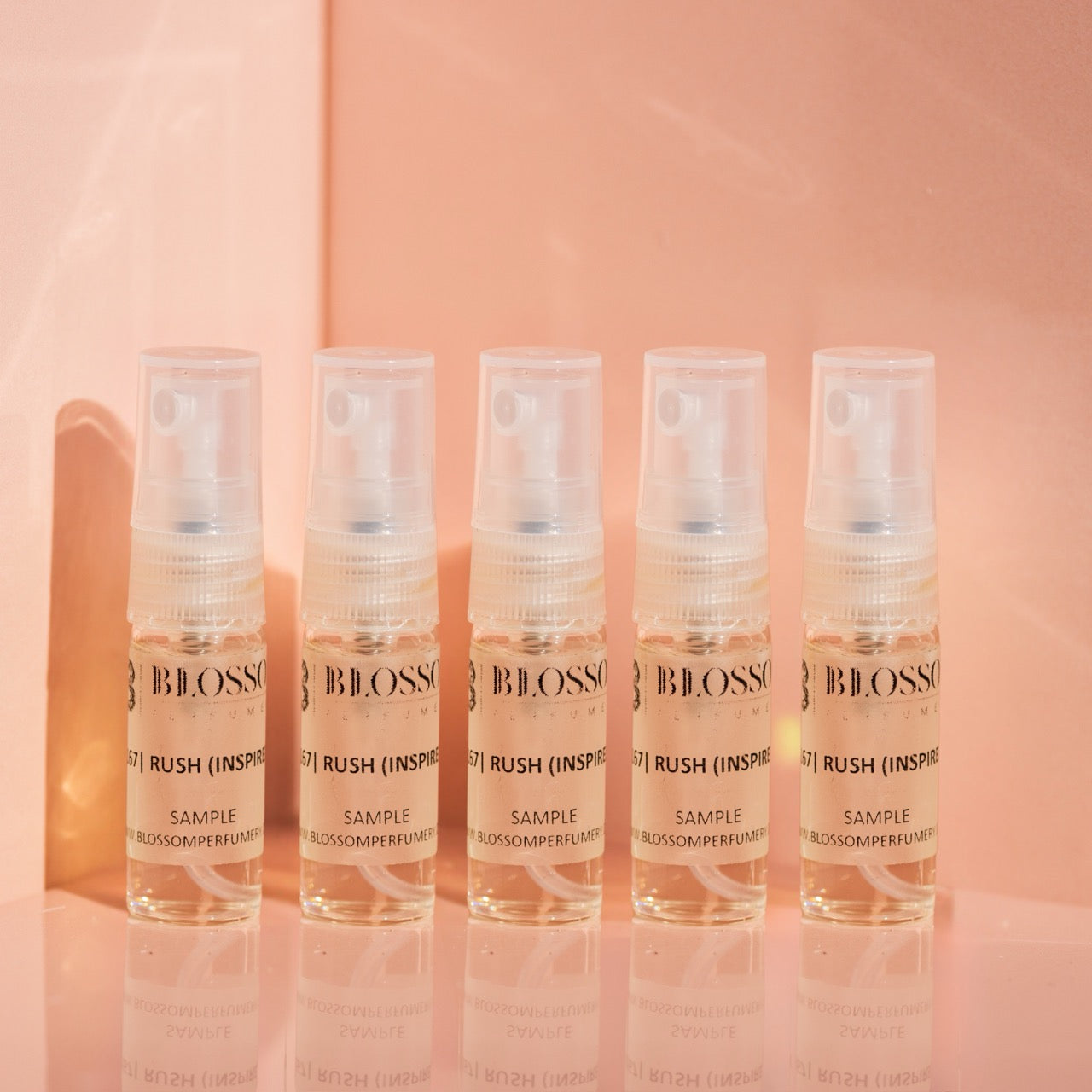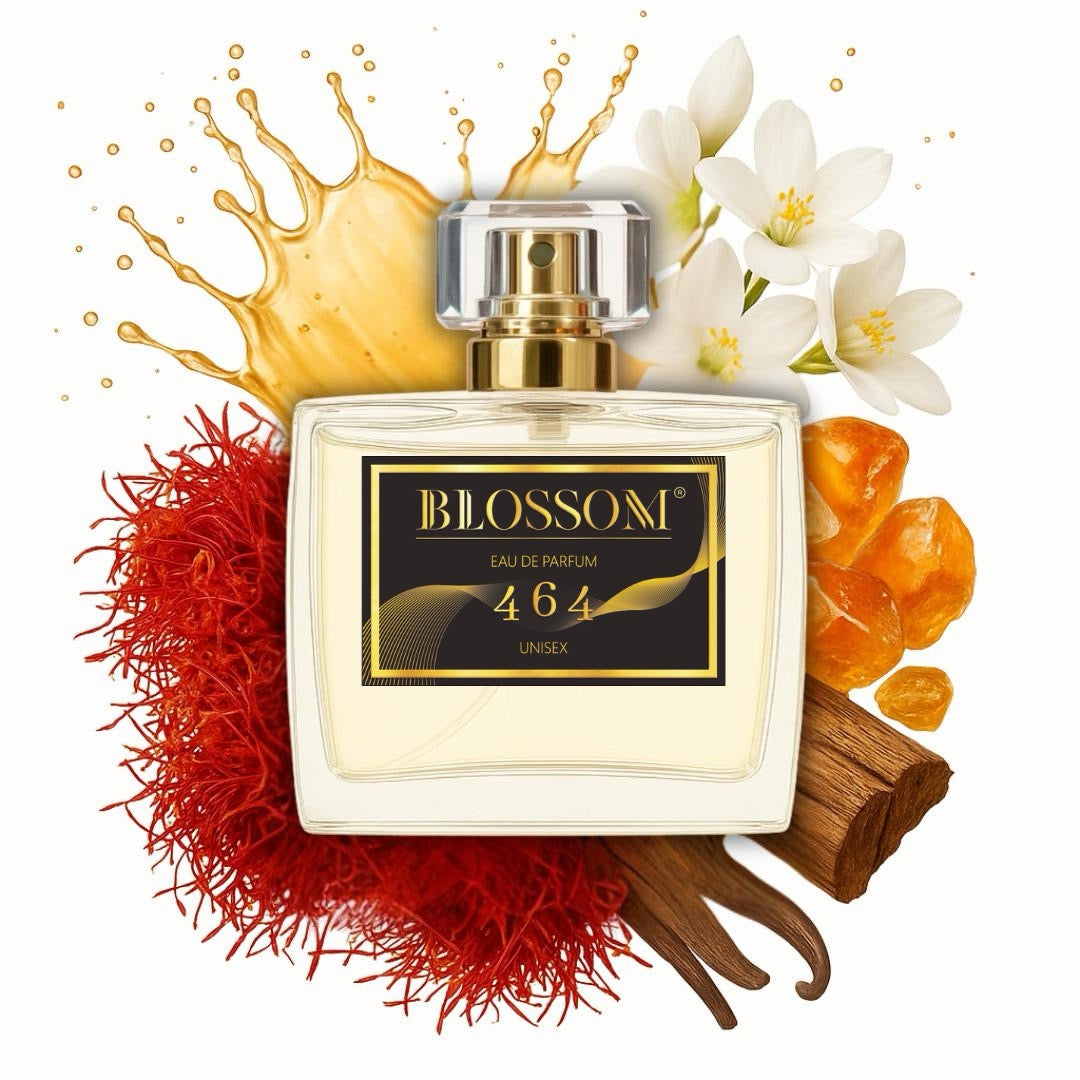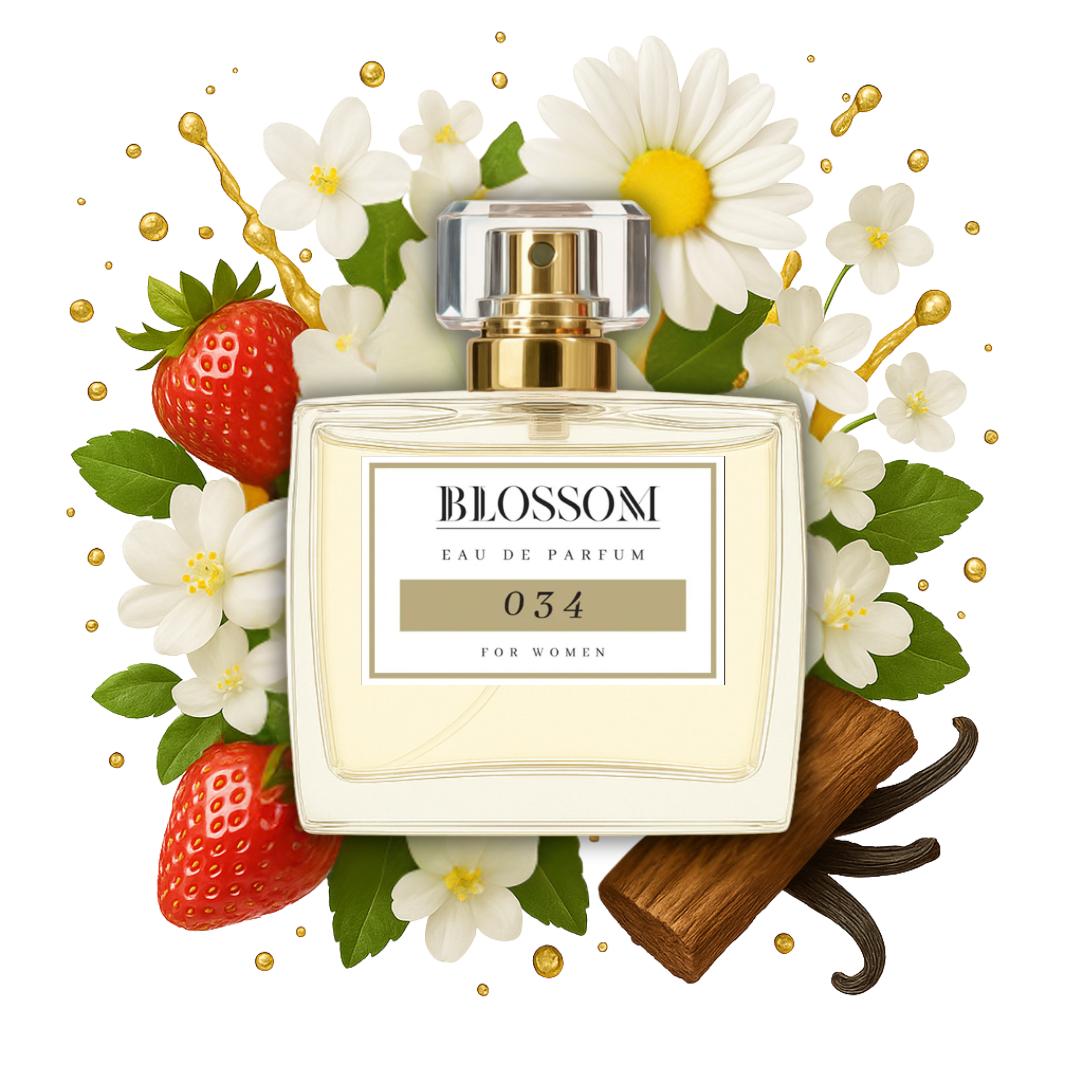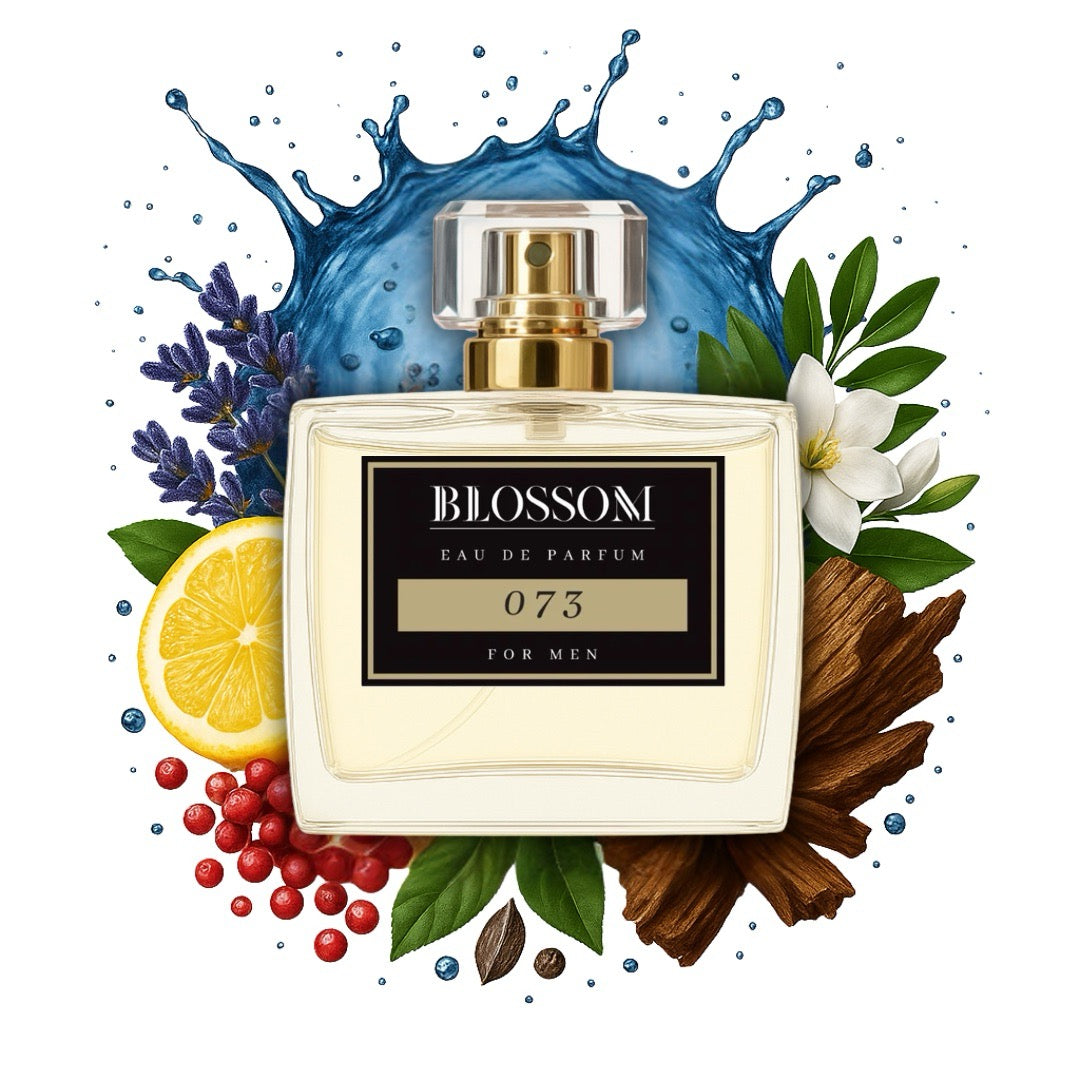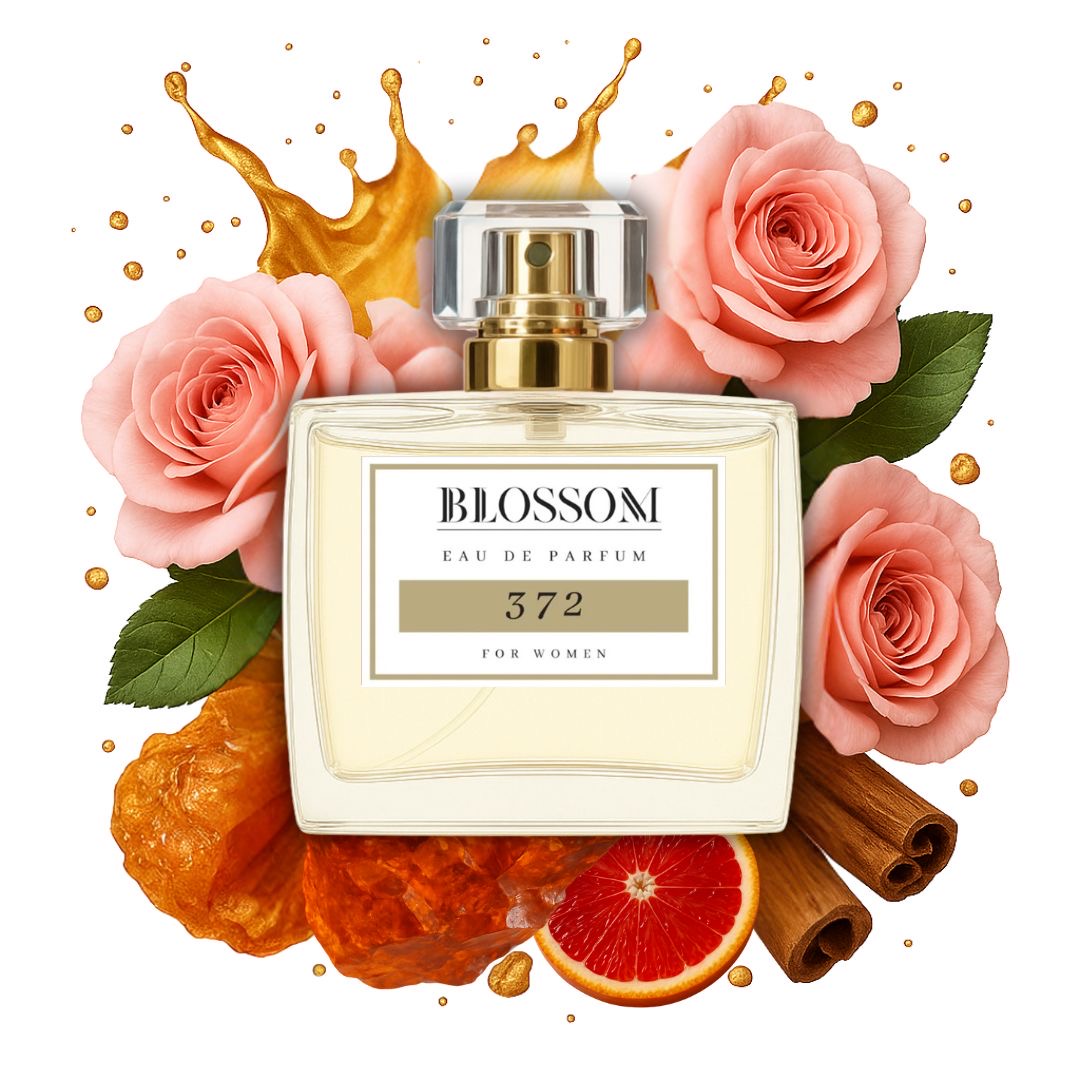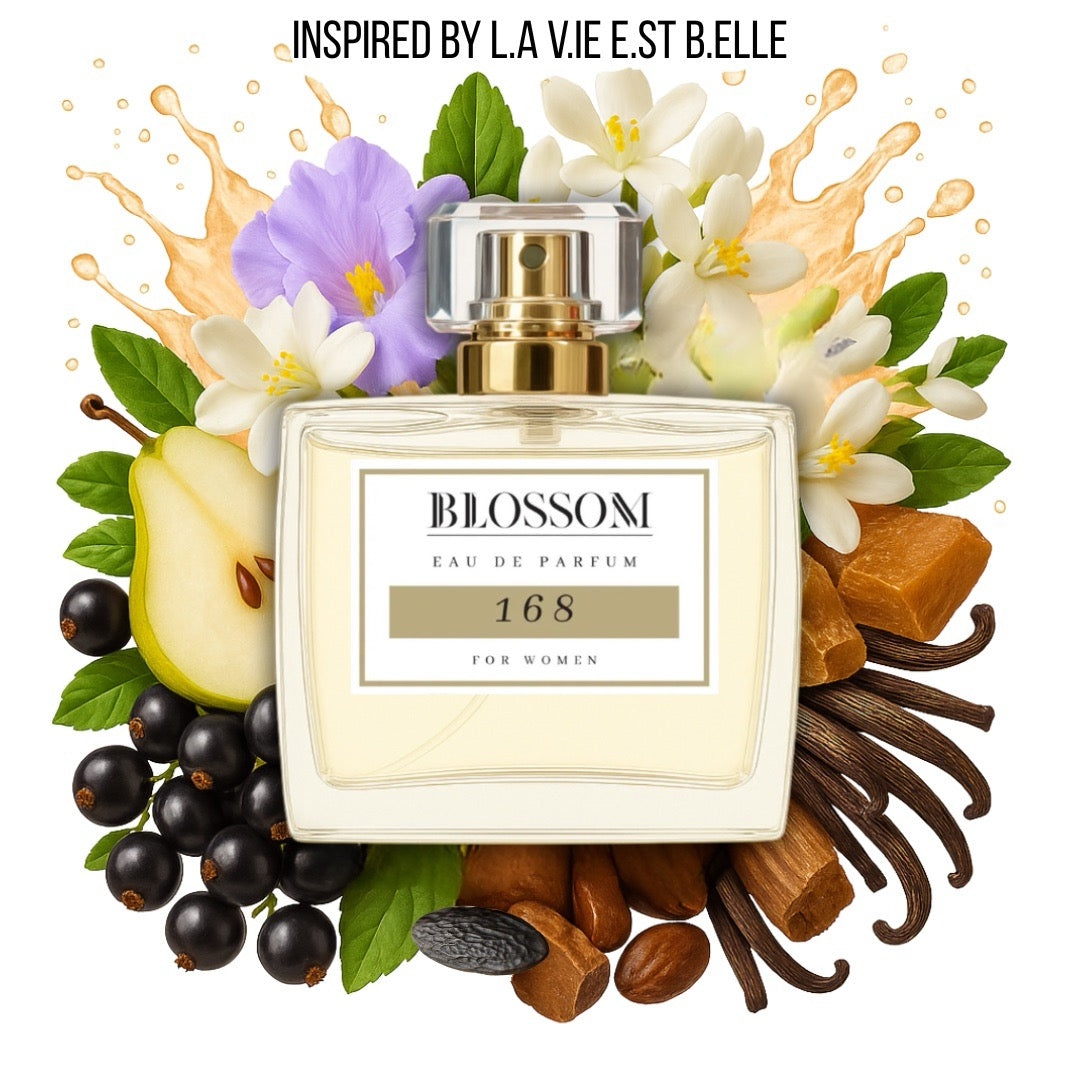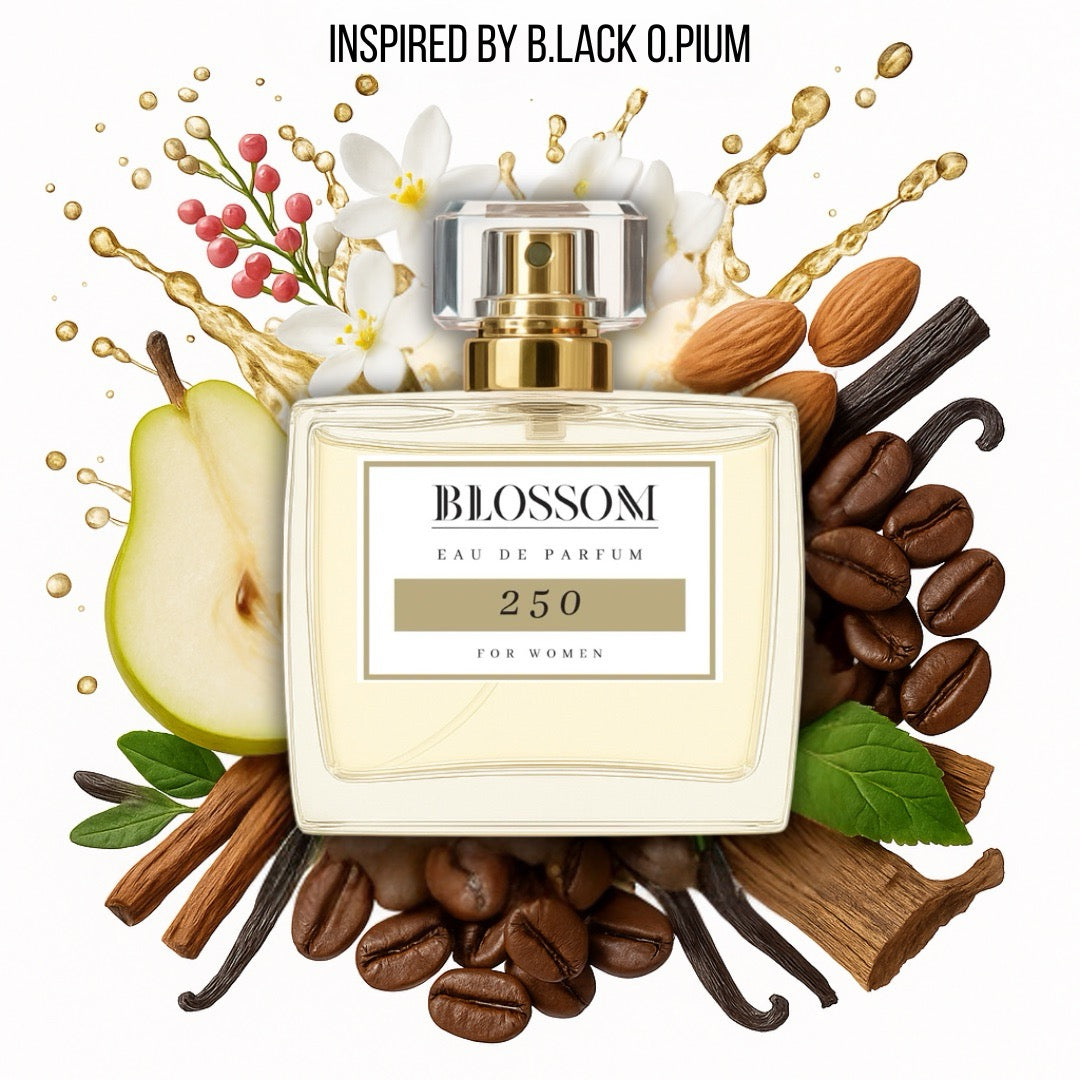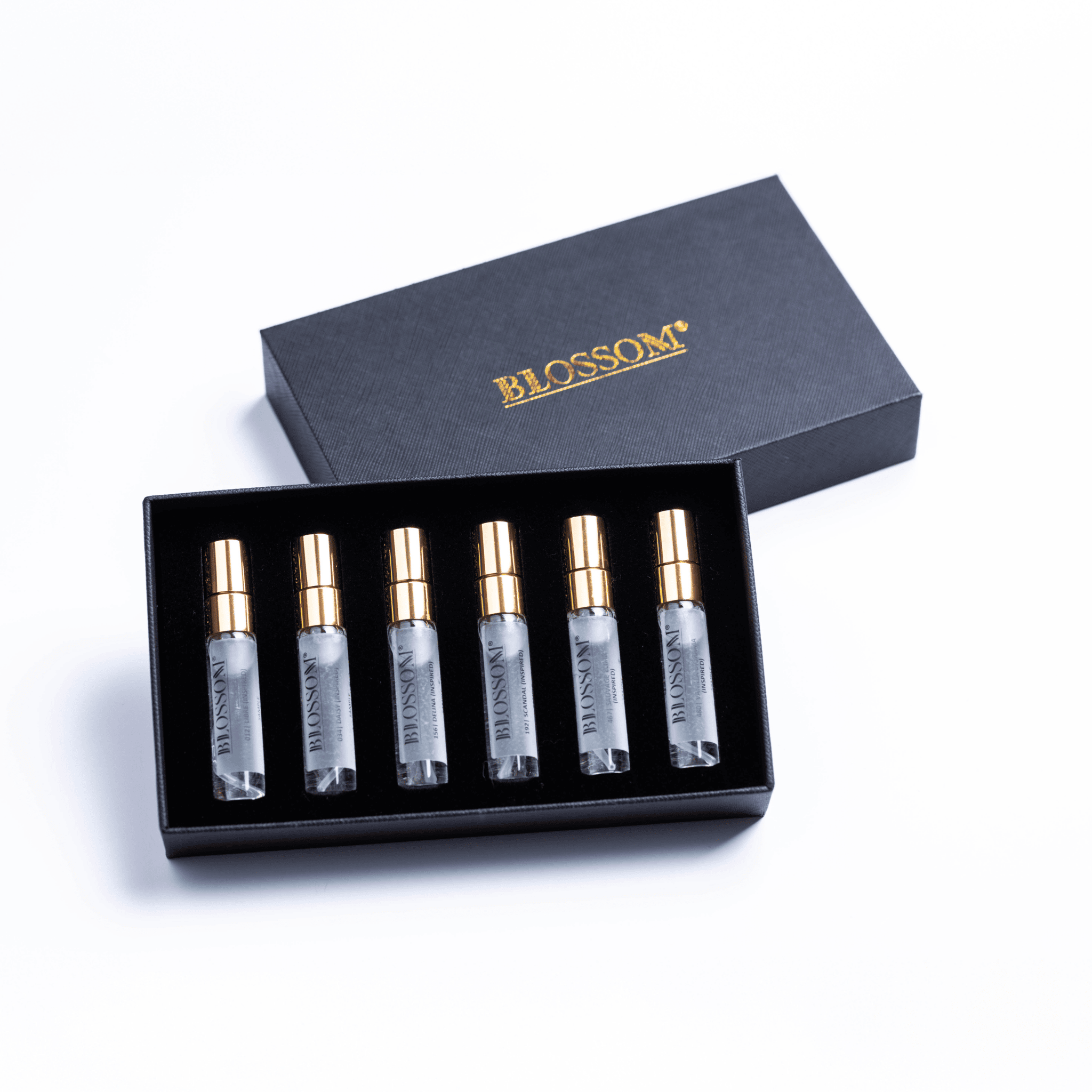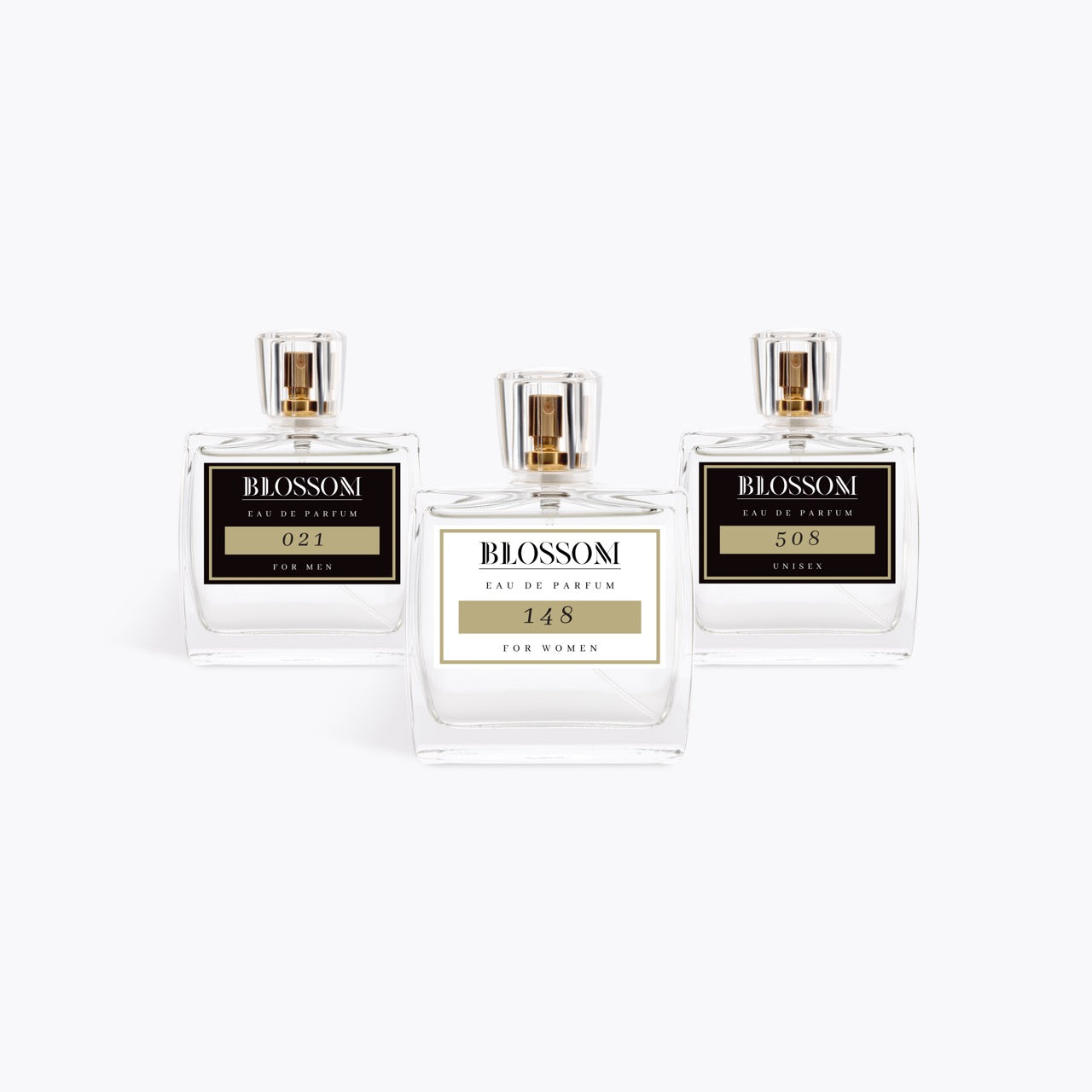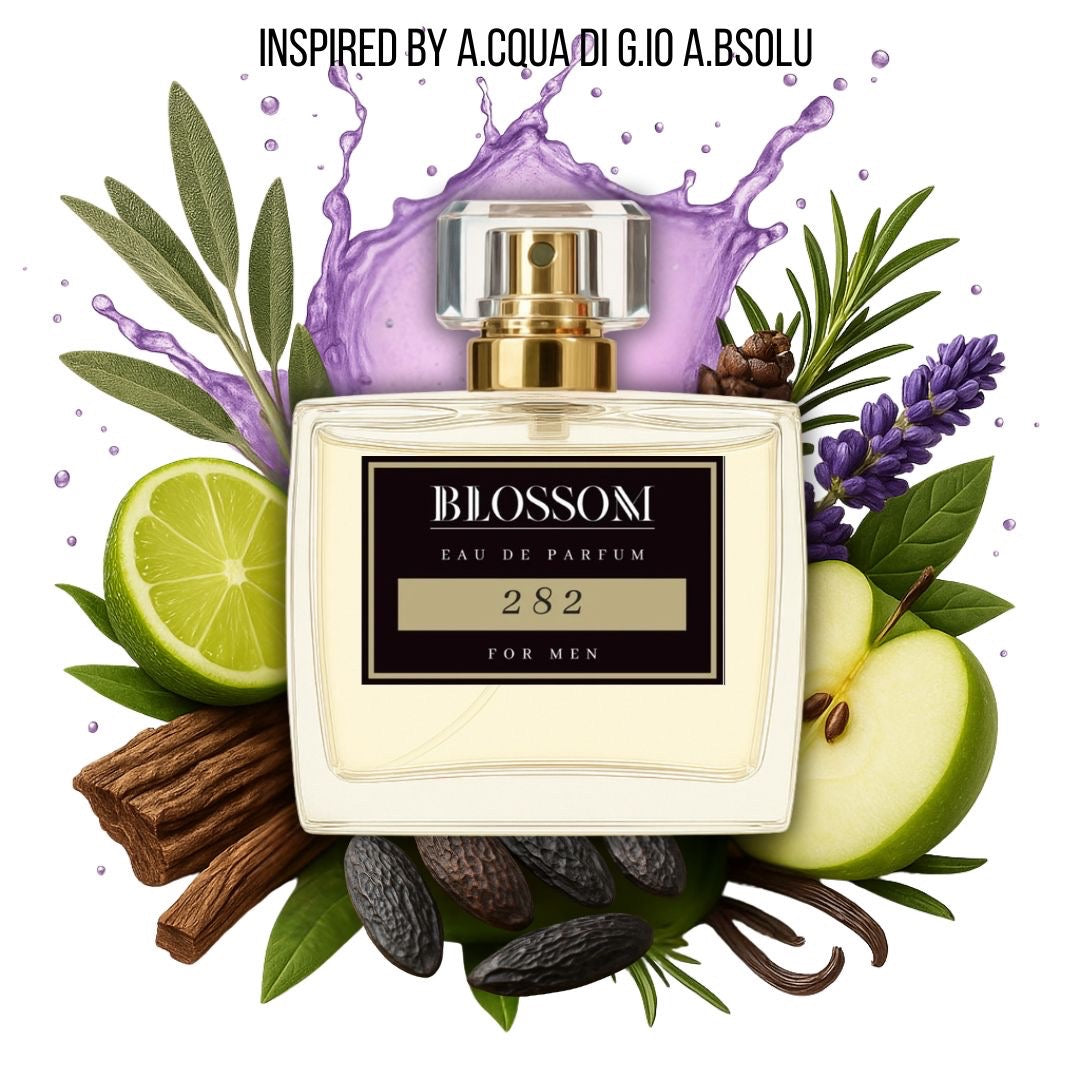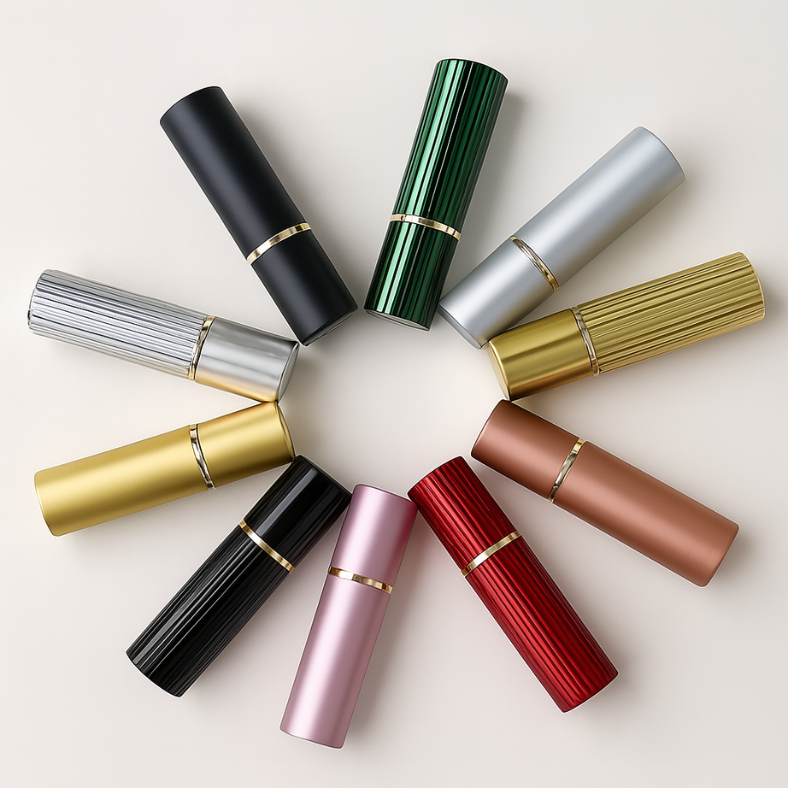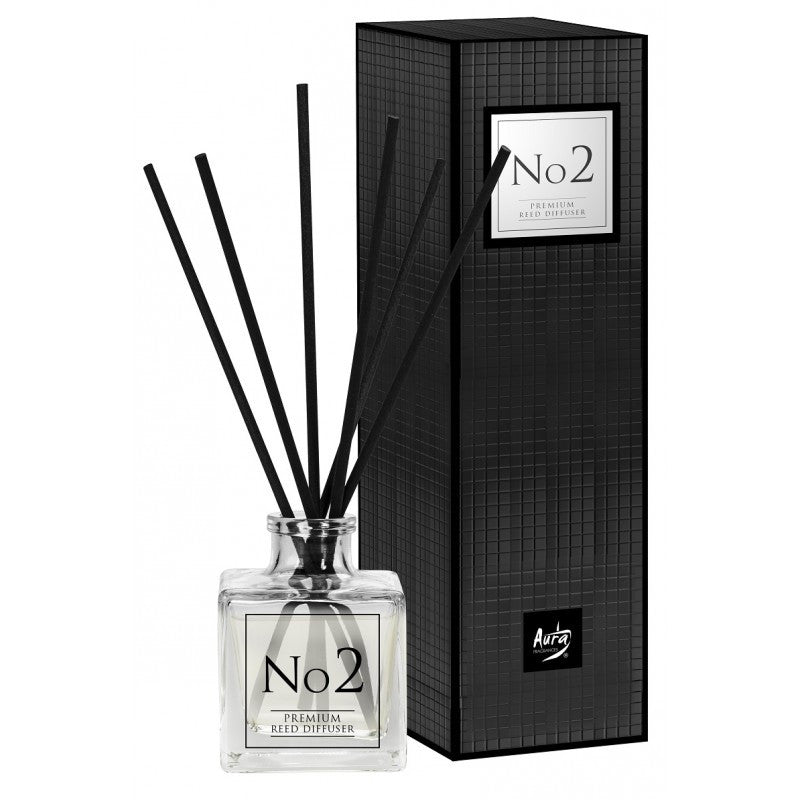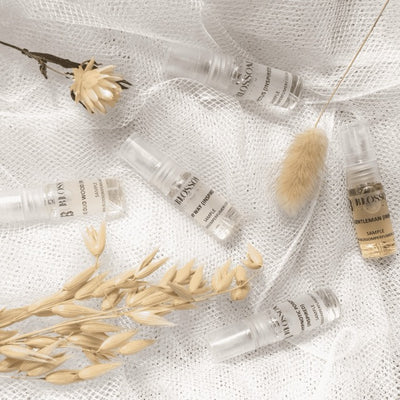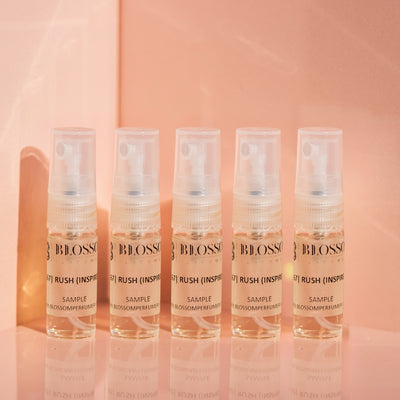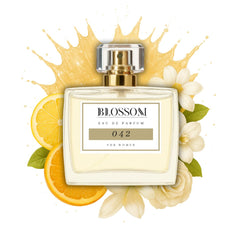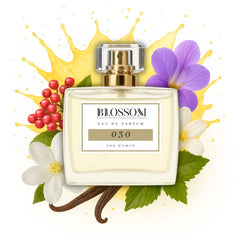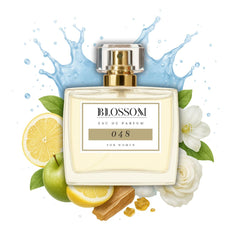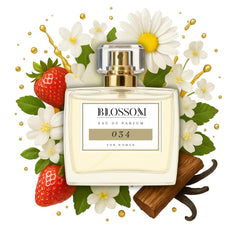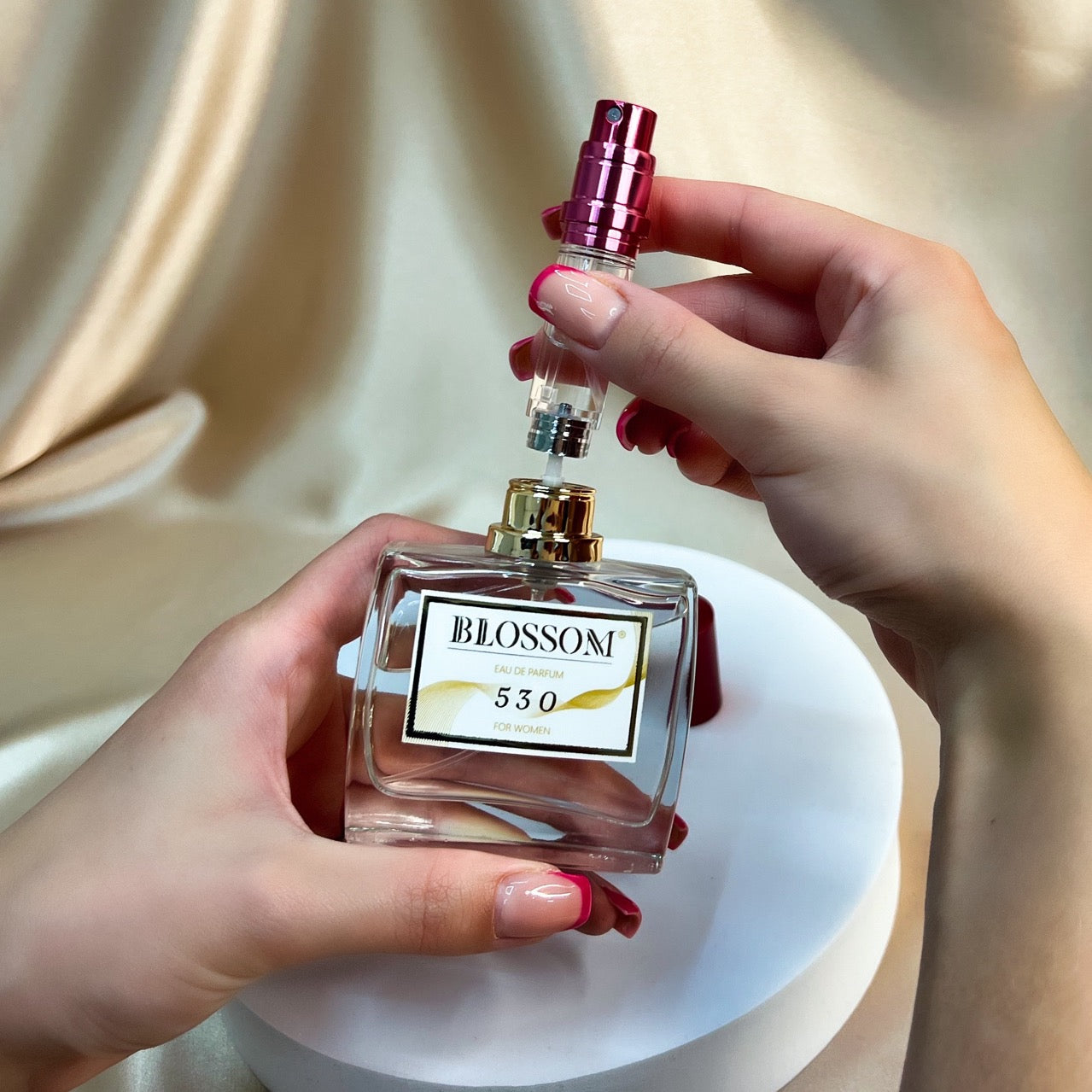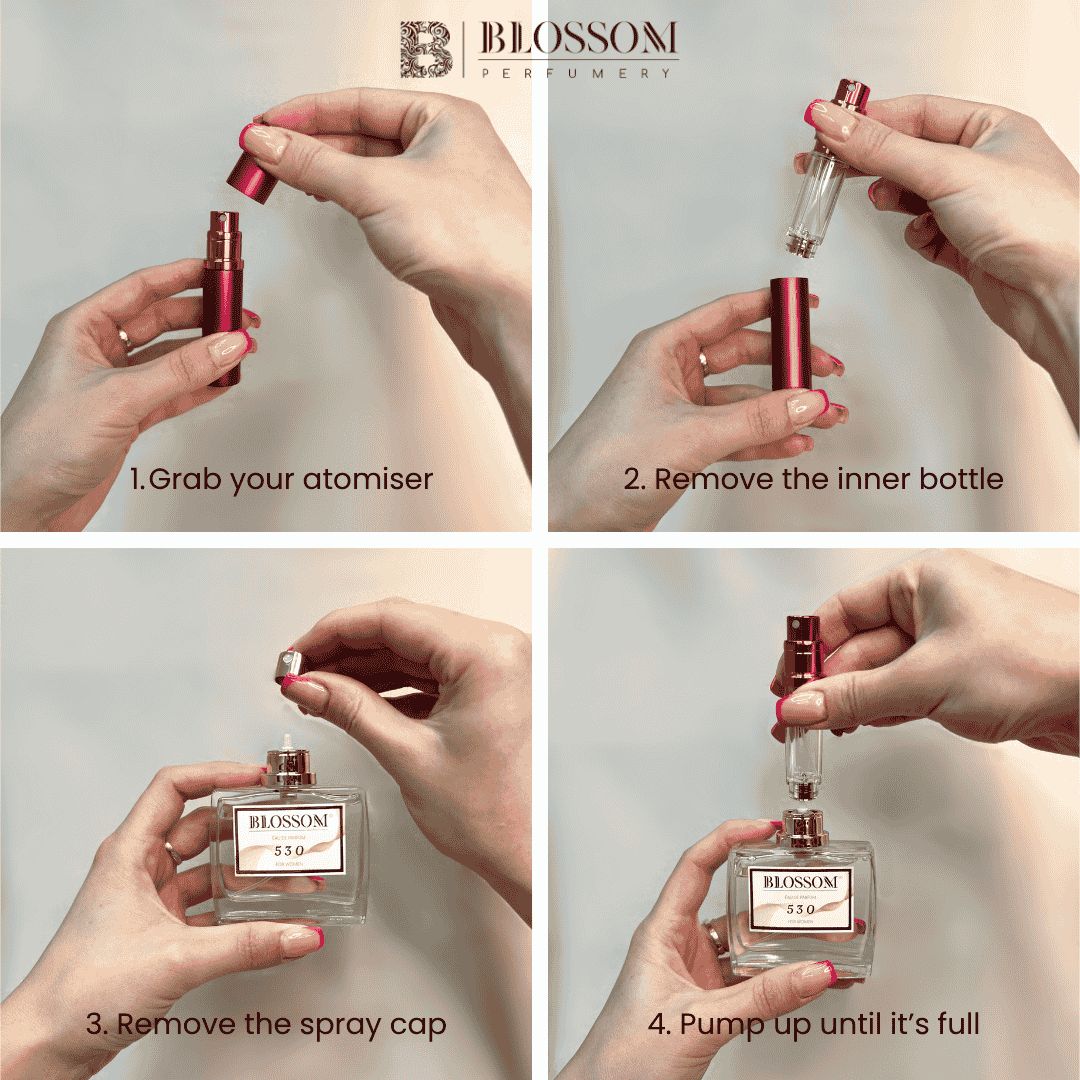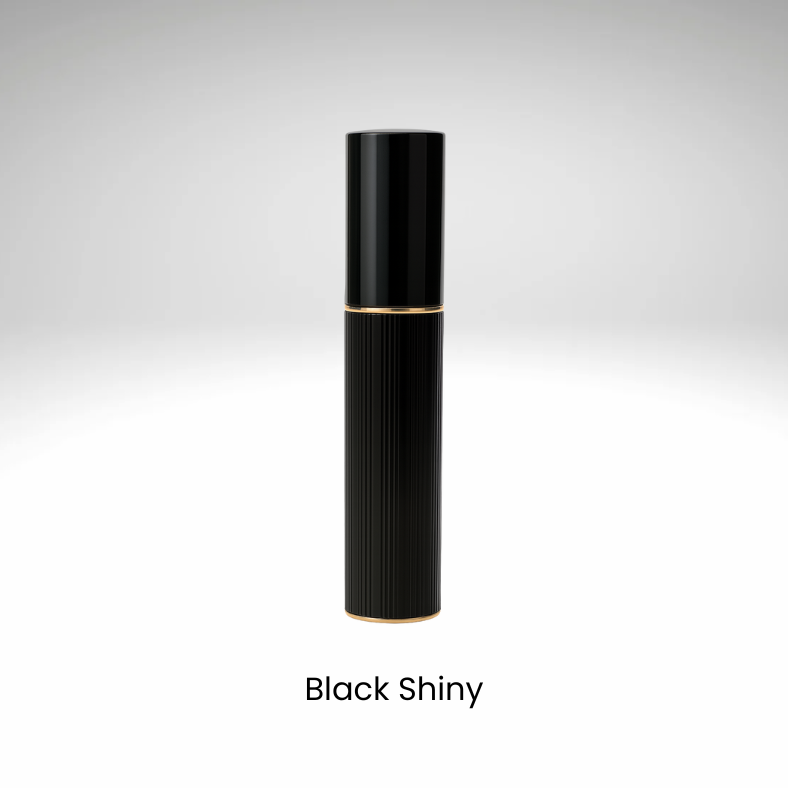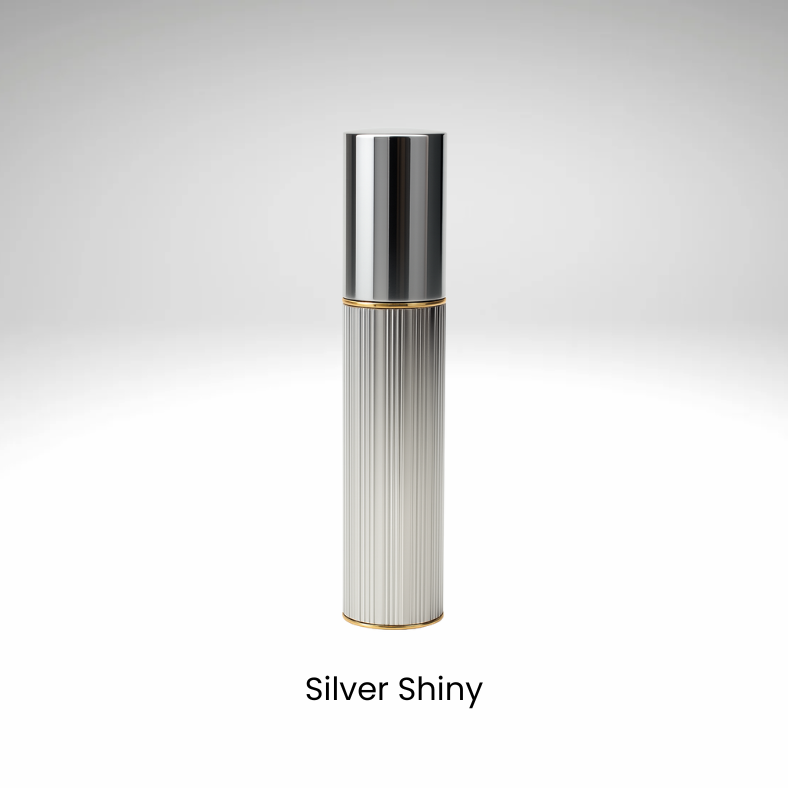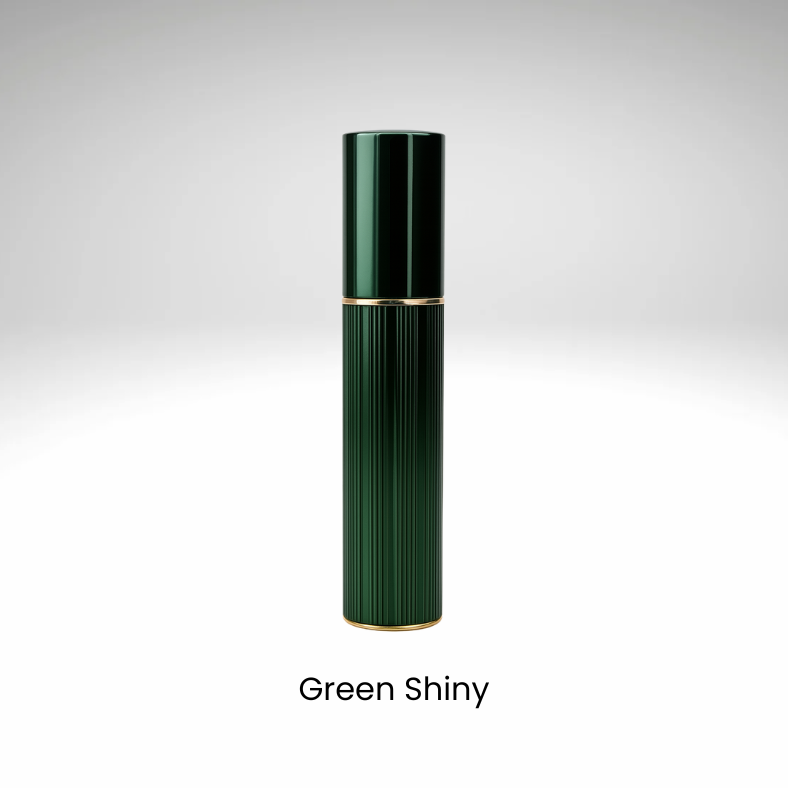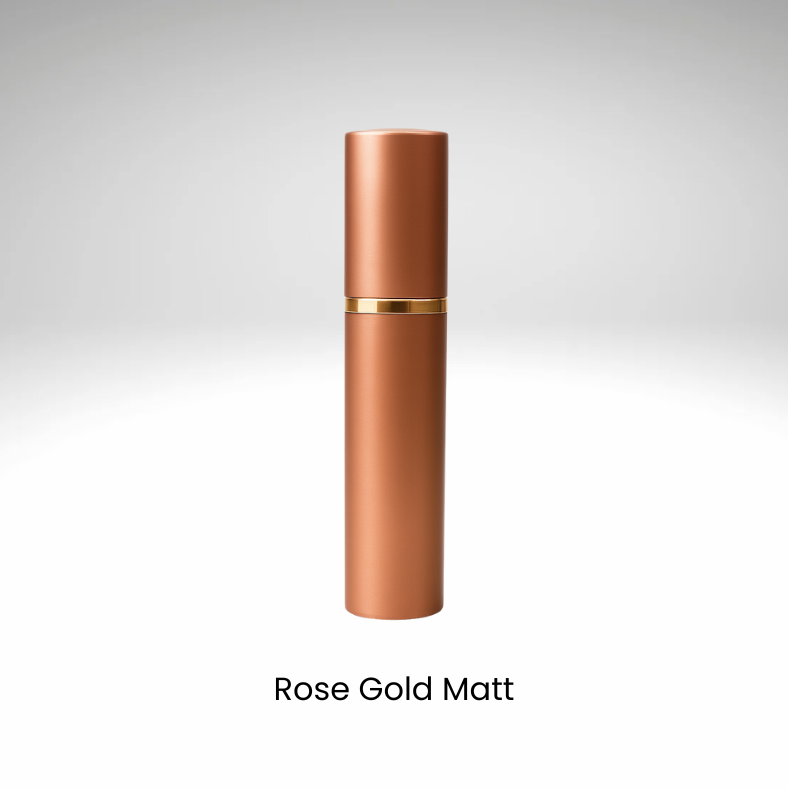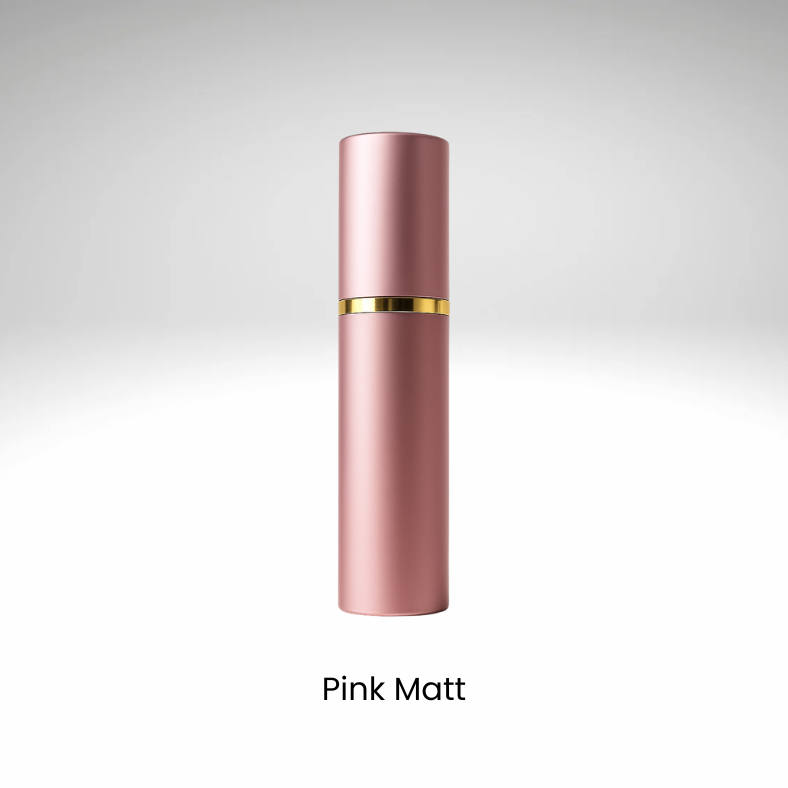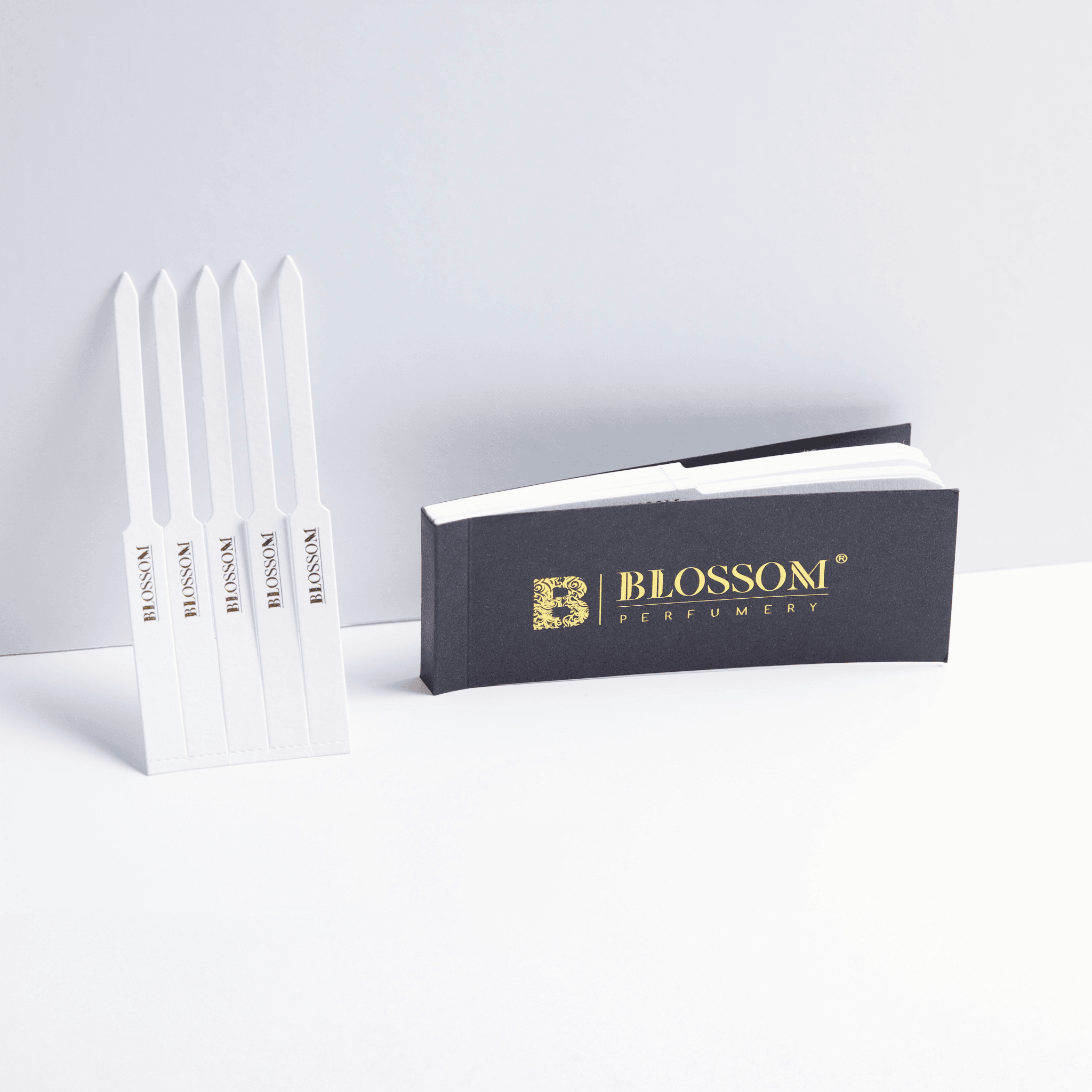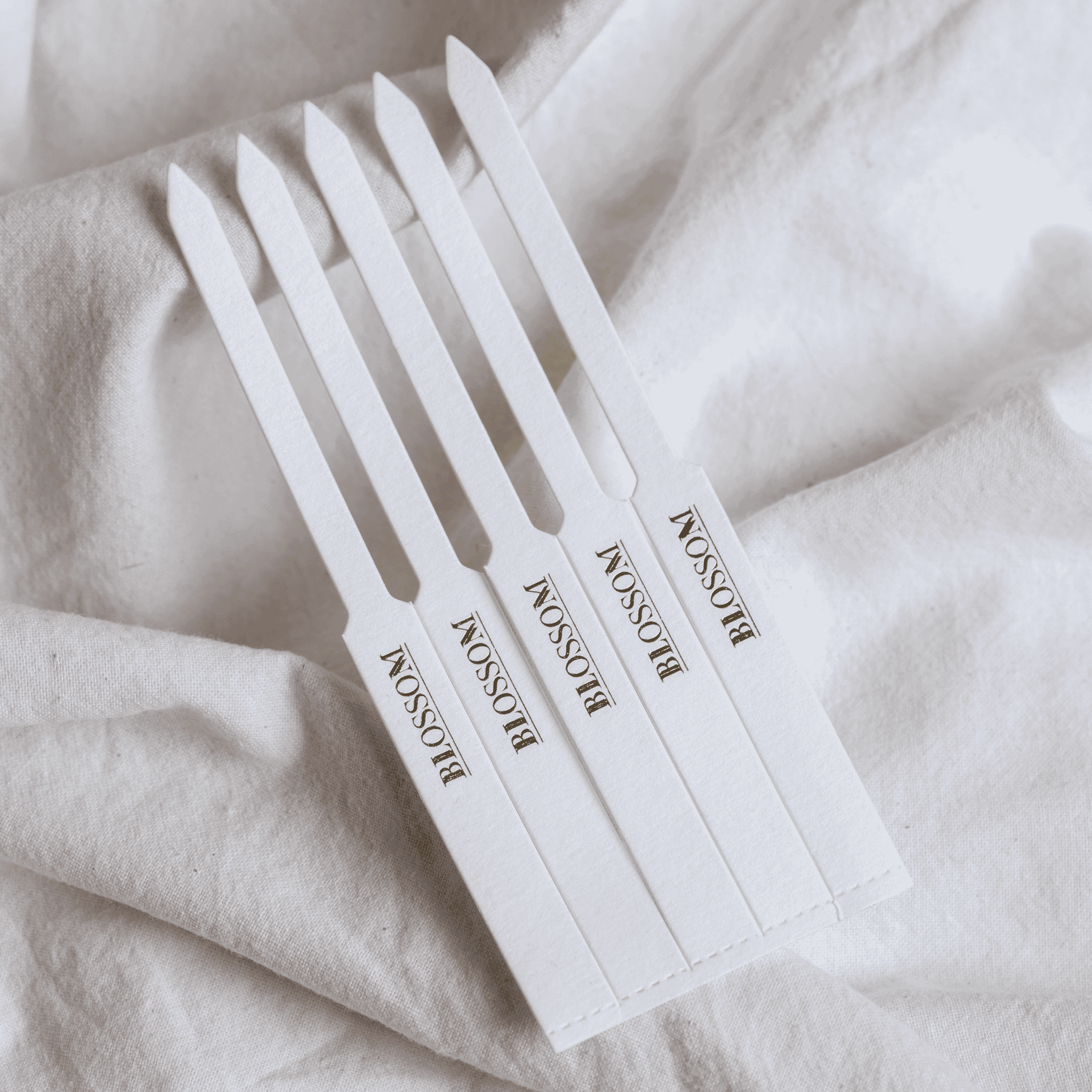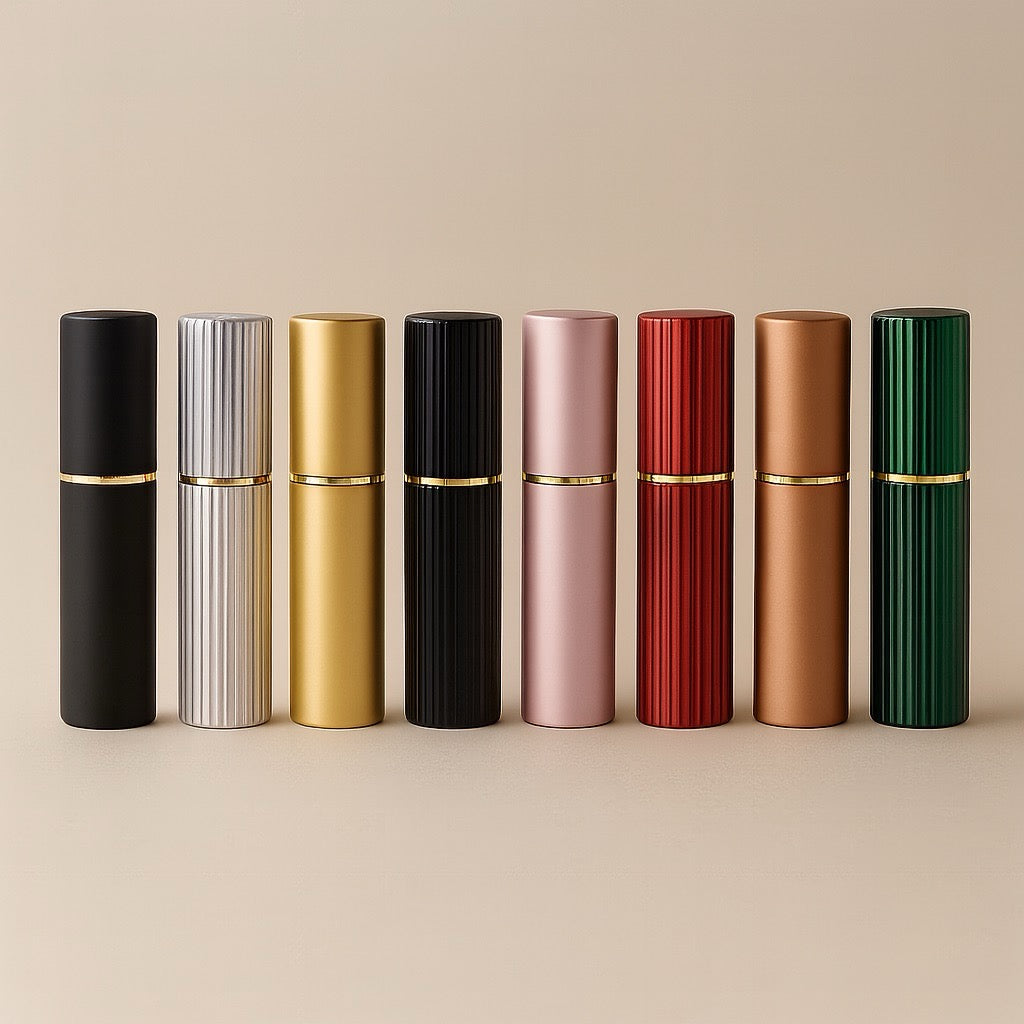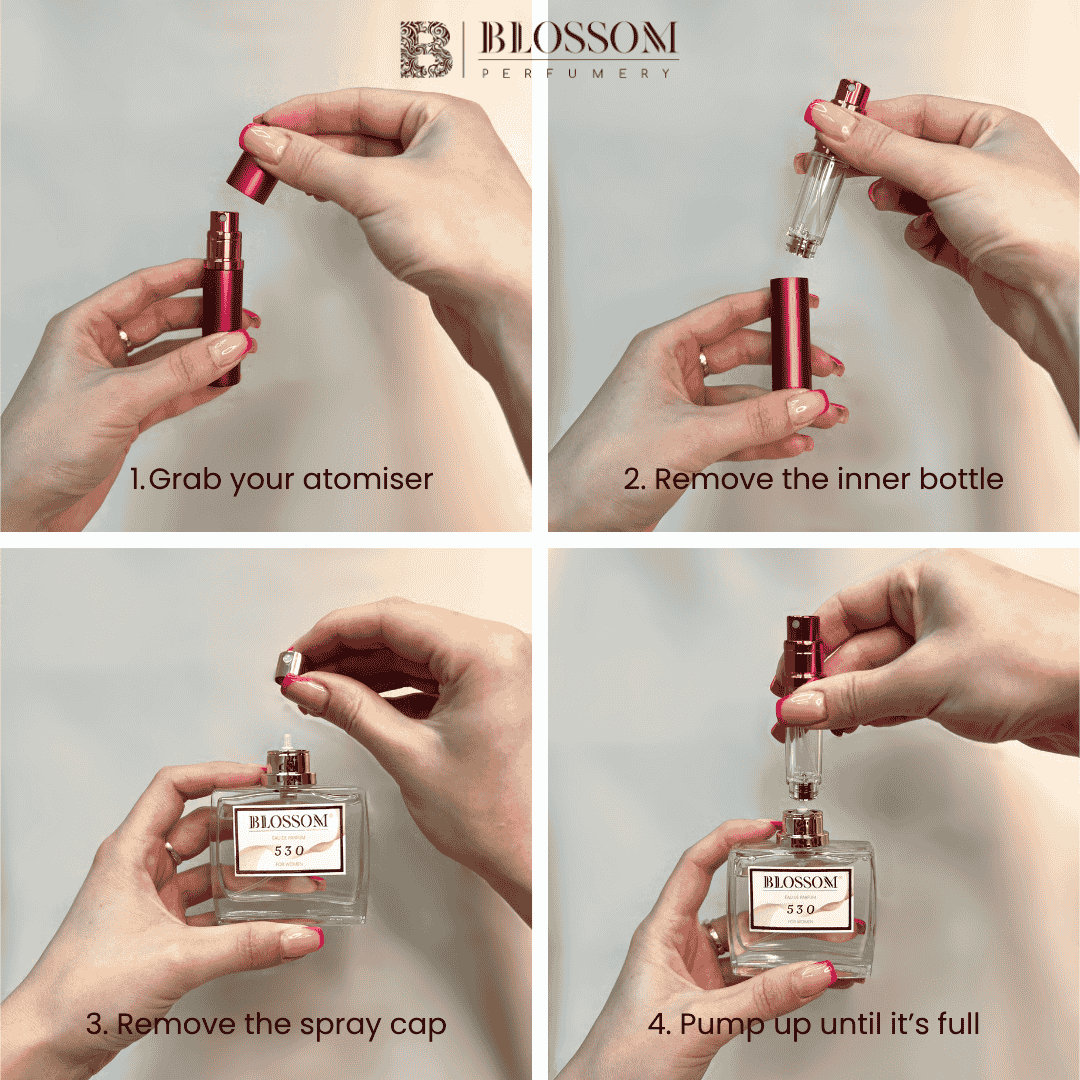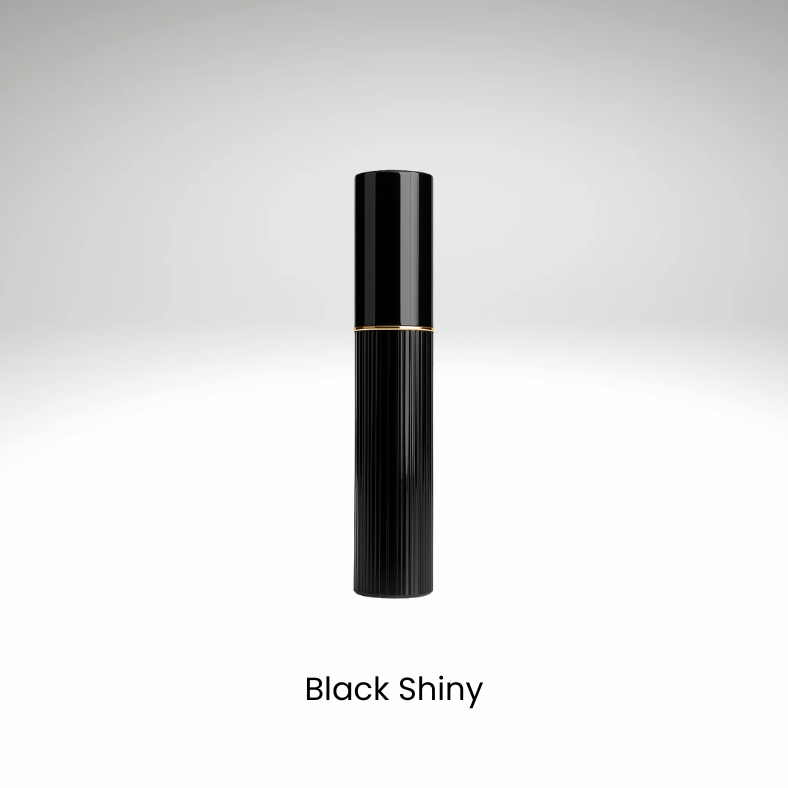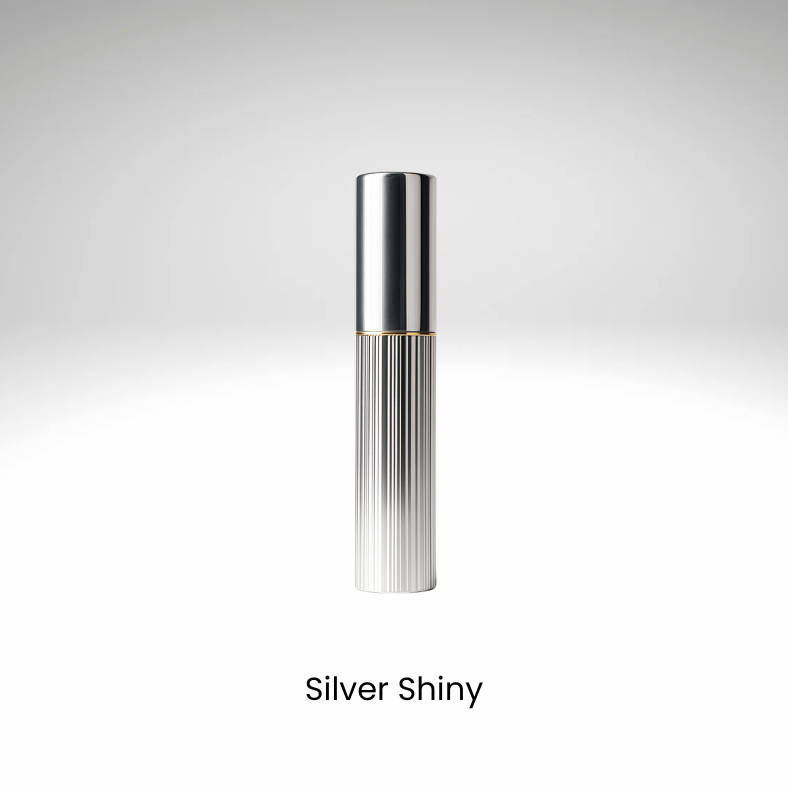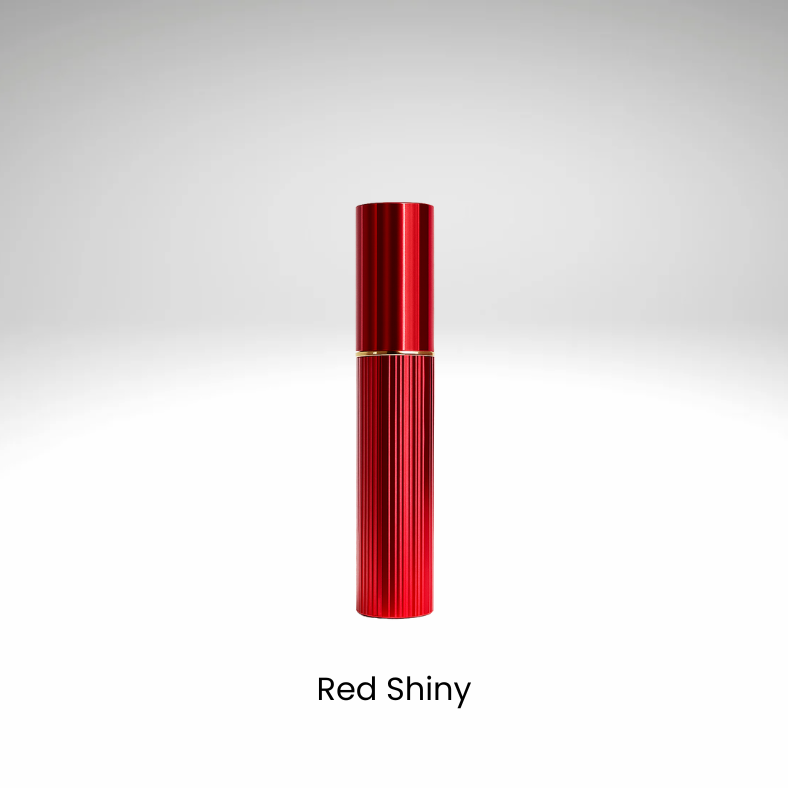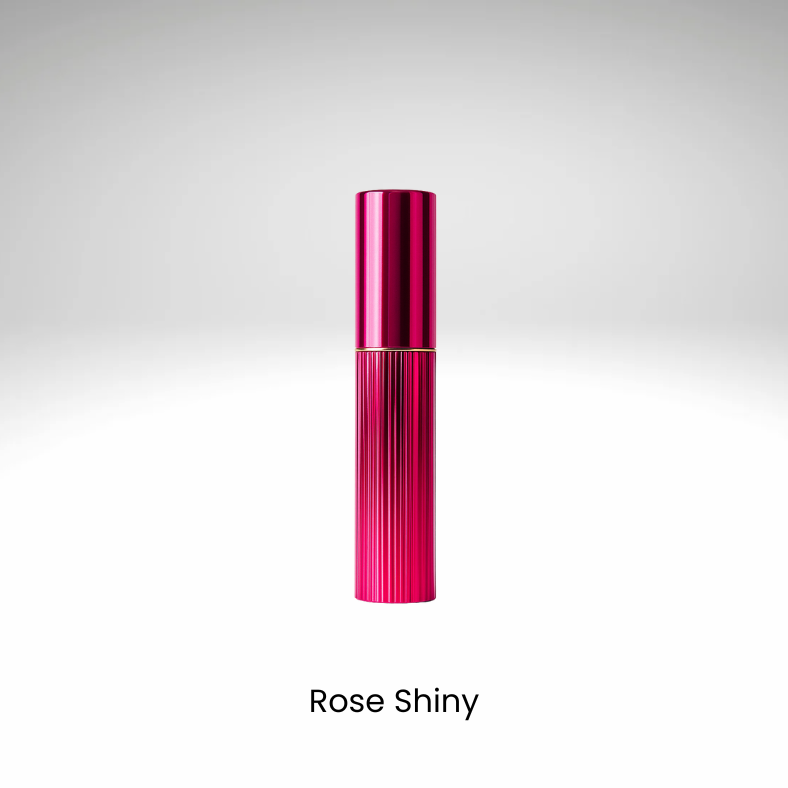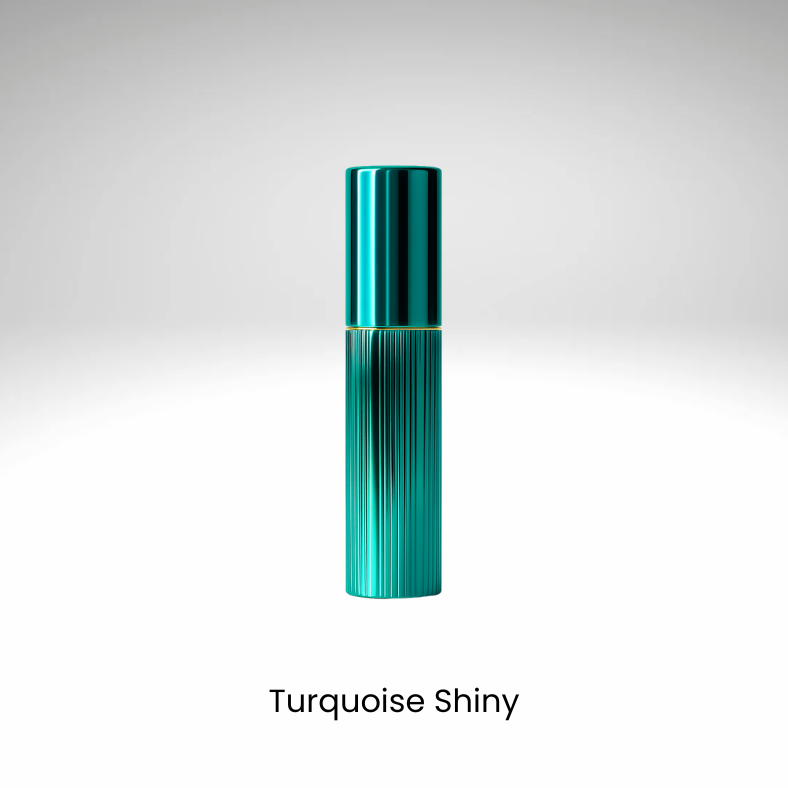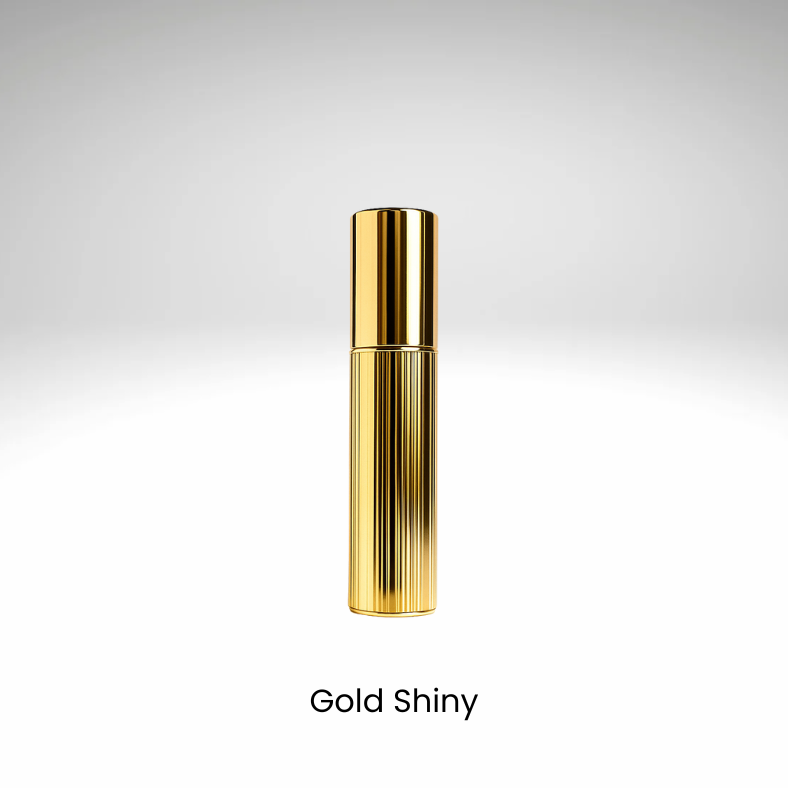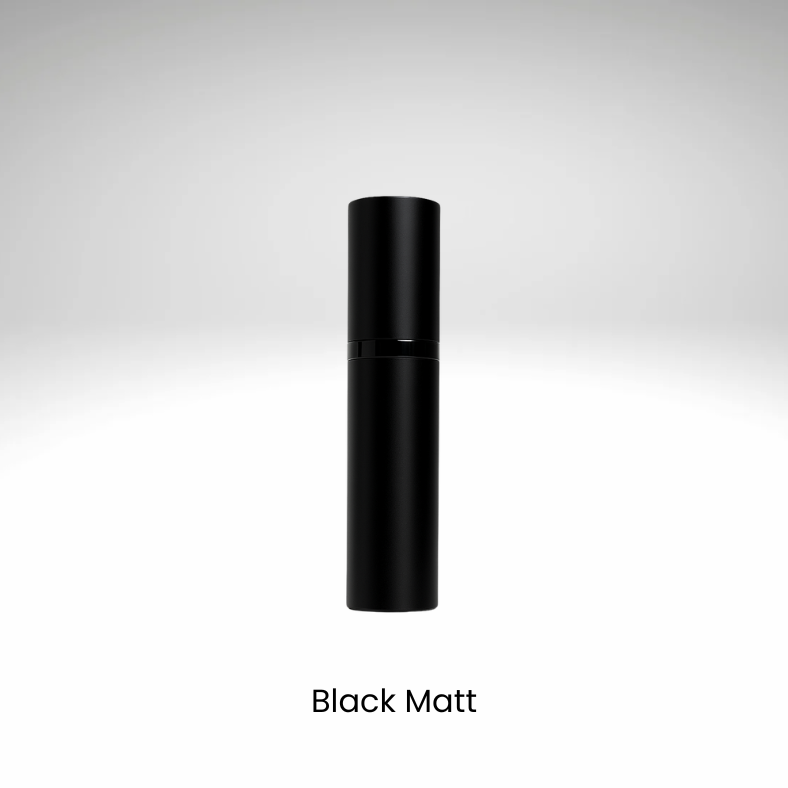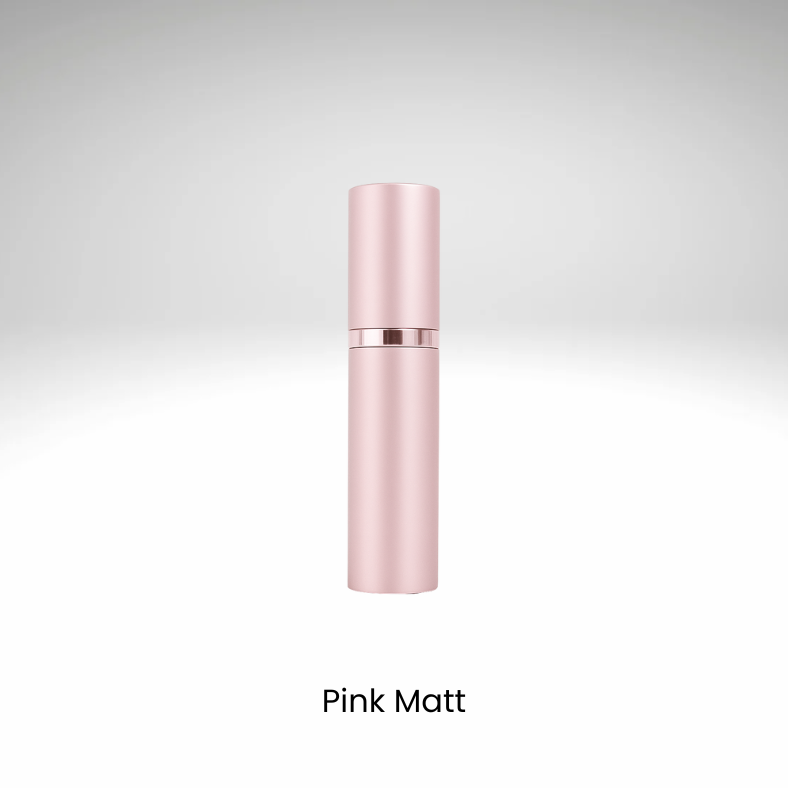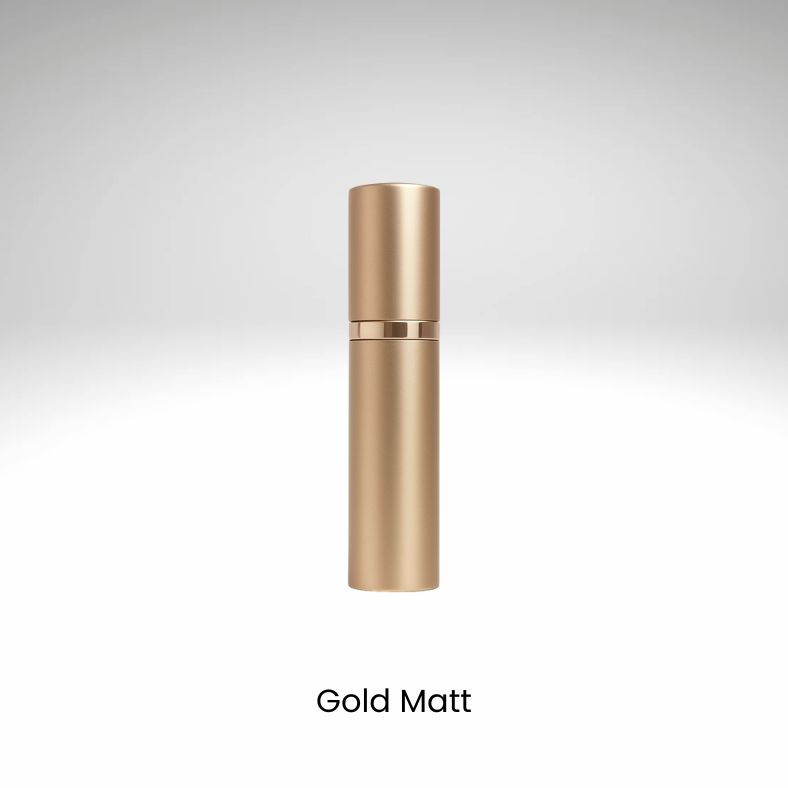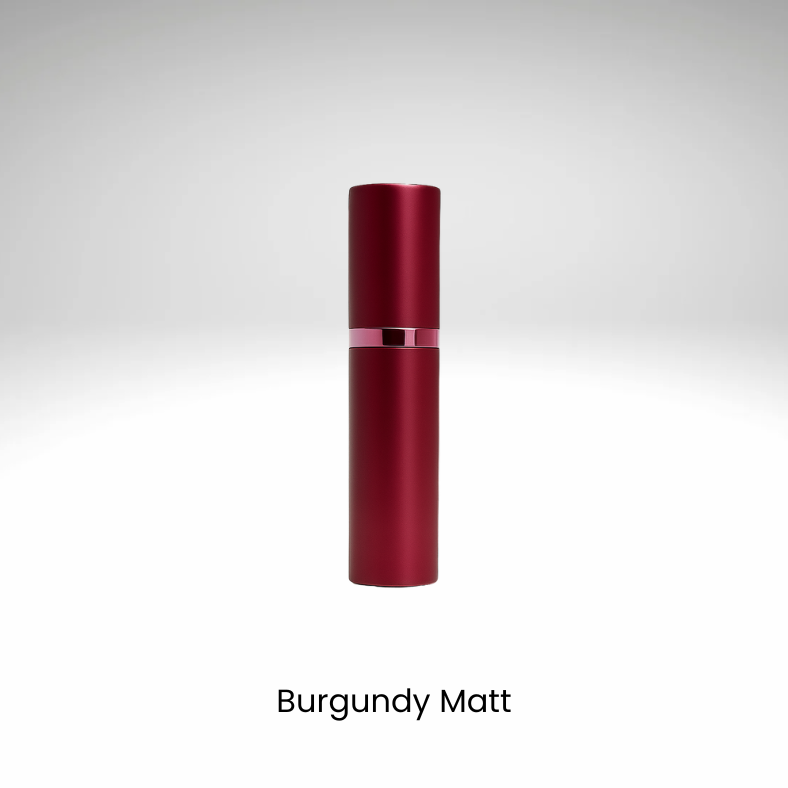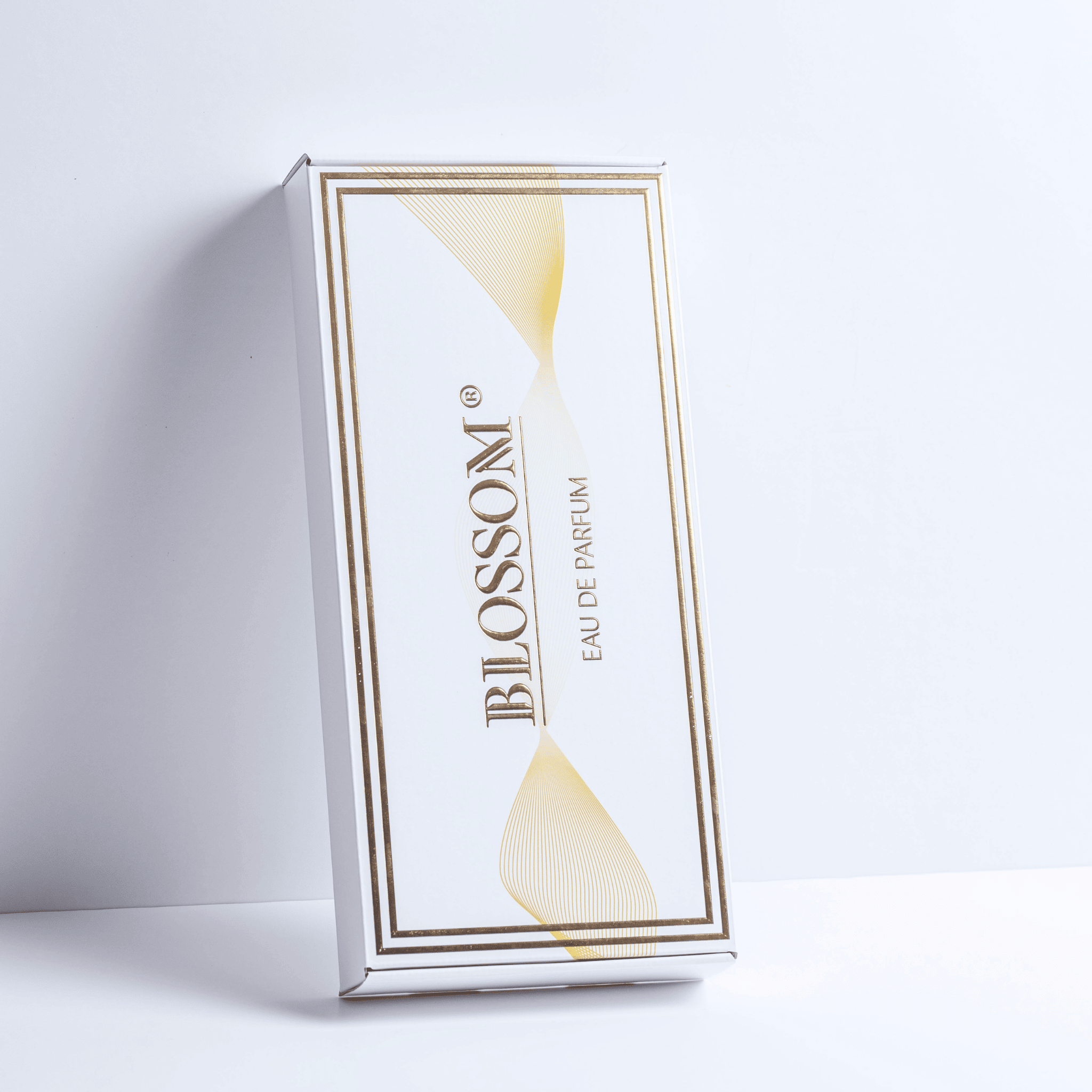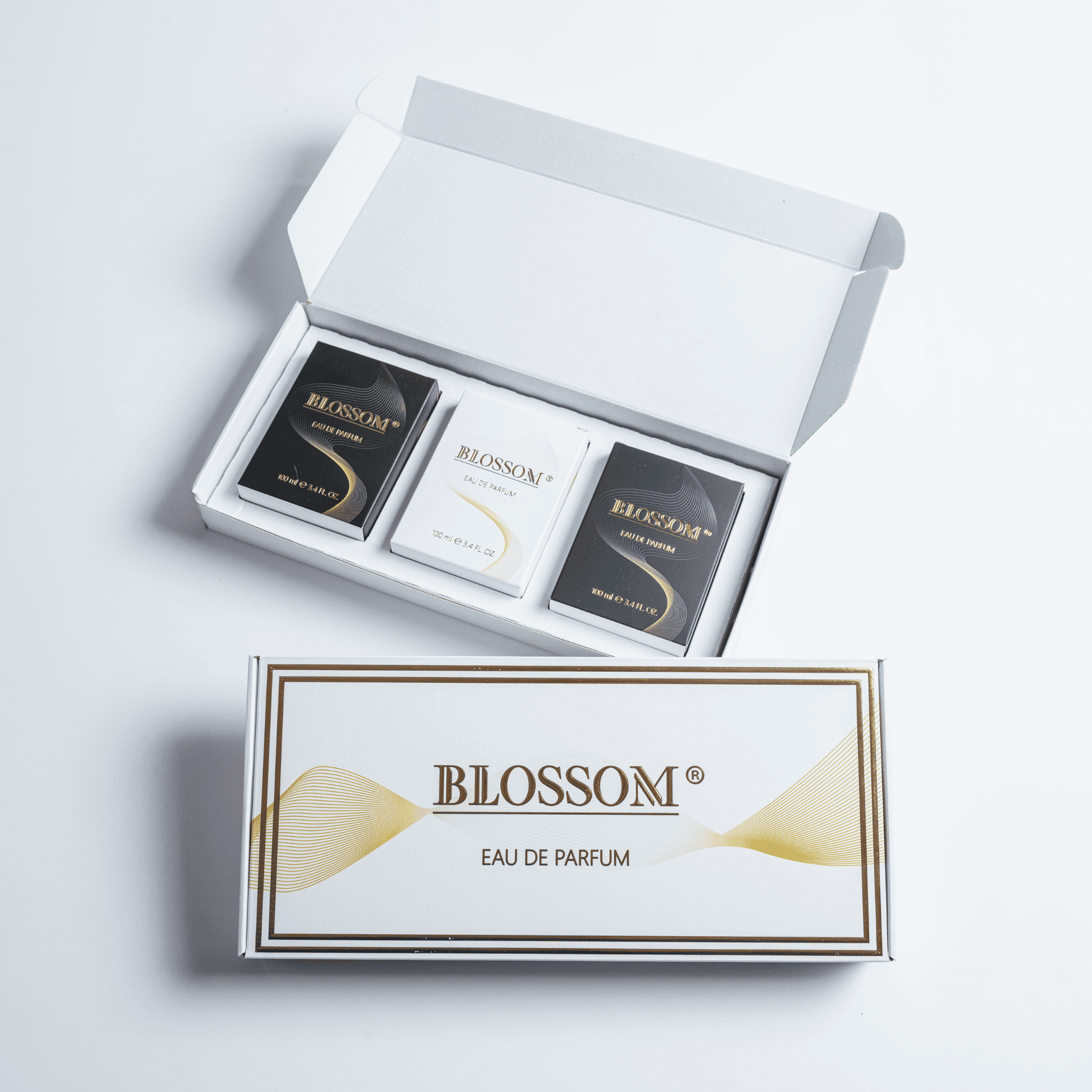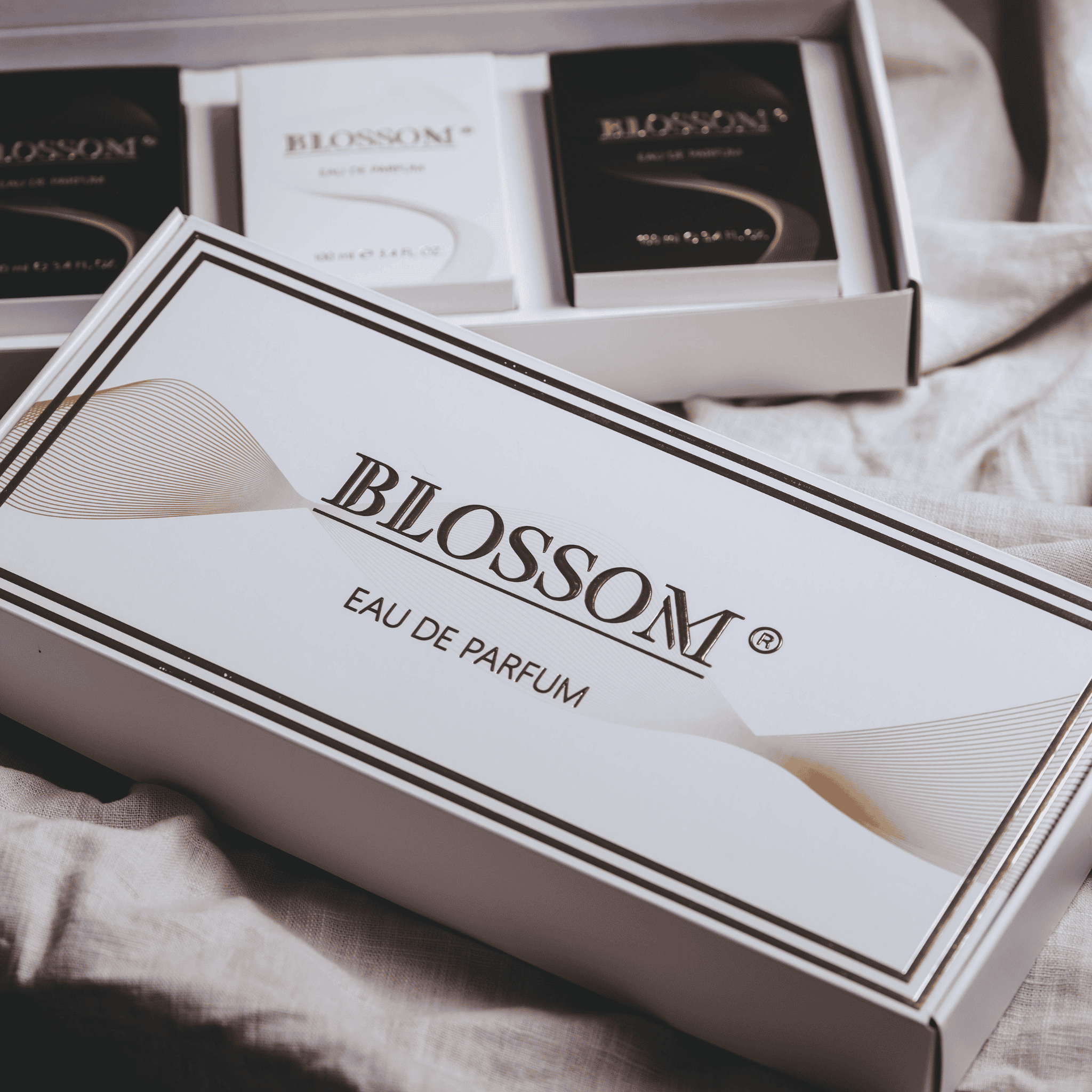Fragrances have played an integral role in human history, serving as symbols of status, spirituality, and self-expression. Ancient civilizations such as Egypt, Greece, and Rome embraced perfumes as a vital part of their cultures, creating traditions and techniques that continue to influence modern perfumery. Today, unisex inspired perfumes and other contemporary creations draw upon these ancient practices, blending history with innovation. Let’s explore how perfumes shaped ancient societies and how their legacy lives on.
Perfume in ancient Egypt: the cradle of scent
Ancient Egypt is often regarded as the birthplace of perfumery. Scents were deeply intertwined with religious rituals, with perfumes like kyphi—a blend of honey, myrrh, and resins—being used to honor the gods and purify spaces. Frankincense and myrrh, two of the most valued ingredients, symbolized divinity and eternal life. These components were often burned as incense or infused into oils for anointing.
Perfumes also played a significant role in daily life and burial practices. Egyptian royalty and high society used fragrances as a sign of wealth and refinement. Ingredients such as lily, cinnamon, and almond oil were favored for their luxurious aromas. The development of perfumed oils and balms in Egypt laid the groundwork for modern scented products, inspiring today’s perfumes and unisex blends.
Ancient Greece: celebrating beauty and the divine
In ancient Greece, perfumes were celebrated for their ability to enhance beauty and connect with the divine. Inspired by Egyptian traditions, Greek perfumers expanded their repertoire with Mediterranean ingredients like oregano, marjoram, and violet. Fragrances were used to anoint the body, symbolize purity, and accompany religious ceremonies dedicated to gods like Aphrodite and Dionysus.
Greek philosophers, including Theophrastus, documented the art and science of perfumery, analyzing the properties of various plants and their aromatic potentials. This intellectual approach to scent-making paved the way for the precise formulations seen in modern perfumes inspired by ancient traditions. Greek influences remain evident in the fresh and herbaceous notes often found in unisex fragrances.
Rome: luxury and indulgence
The Roman Empire elevated perfume use to unprecedented levels of luxury. Romans imported exotic ingredients from across their vast territories, including spices, resins, and flowers. Perfumes were a staple in Roman baths, where scented oils and waters were used to cleanse and rejuvenate the body. Unisex fragrances were particularly prominent, as both men and women indulged in elaborate scents to signify wealth and sophistication.
The Romans also innovated in packaging and distribution, developing amphorae to store and transport perfumes. This commercialization of scent parallels today’s global perfume industry, where inspired perfumes and designer creations are shared across cultures. The opulent and bold compositions favored by Romans continue to influence modern perfumery, inspiring fragrances that exude confidence and luxury.
Key ingredients of ancient perfumes
Frankincense and myrrh were among the most prized ingredients in ancient perfumery, celebrated for their spiritual and aromatic qualities. Both resins were used in religious ceremonies, embalming practices, and as medicinal remedies. Their warm, resinous profiles remain a cornerstone in contemporary oriental and unisex inspired perfumes.
Other notable ingredients included rose, which symbolized love and beauty, and sandalwood, valued for its calming and grounding properties. These timeless elements are still central to many modern fragrances, bridging the gap between ancient traditions and contemporary preferences.
The influence of ancient practices on modern fragrances
The traditions of ancient civilizations continue to shape modern perfumery in profound ways. Techniques such as distillation and maceration, pioneered by early perfumers, are still used today to extract the essence of natural ingredients. The symbolic use of fragrance—to convey status, enhance allure, or create ambiance—remains as relevant as ever.
Unisex inspired perfumes often draw on the versatility of ancient compositions, combining herbaceous, floral, and resinous notes to create balanced and inclusive scents. The minimalist and nature-inspired trends in contemporary perfumery reflect the simplicity and elegance of ancient formulas, proving that some traditions are truly timeless.
Finding the right perfume a bit tricky? Discover your perfect match with us.
Fun facts about perfume-making through the ages
Perfume-making has evolved dramatically over centuries, yet some practices and beliefs remain delightfully consistent. For example, the Egyptians considered perfumers to be highly esteemed artisans, and their intricate recipes were closely guarded secrets. Similarly, modern perfumers, or “nez” (noses), undergo years of training to master their craft.
In ancient Rome, perfumes were so revered that entire festivals were dedicated to their celebration. One such event, the “Parilia,” involved burning aromatic herbs and resins as part of a purification ritual. Today’s fragrance festivals and exhibitions continue this tradition, celebrating the art and innovation of perfumery.
The timeless appeal of ancient-inspired scents
The legacy of ancient perfumery lives on in the scents we cherish today. Unisex inspired perfumes and other contemporary creations draw from the rich history of Egypt, Greece, Rome, and beyond, blending traditional ingredients with modern techniques. By exploring these ancient roots, we gain a deeper appreciation for the artistry and cultural significance of the fragrances we wear, connecting us to a timeless and universal love for scent.

